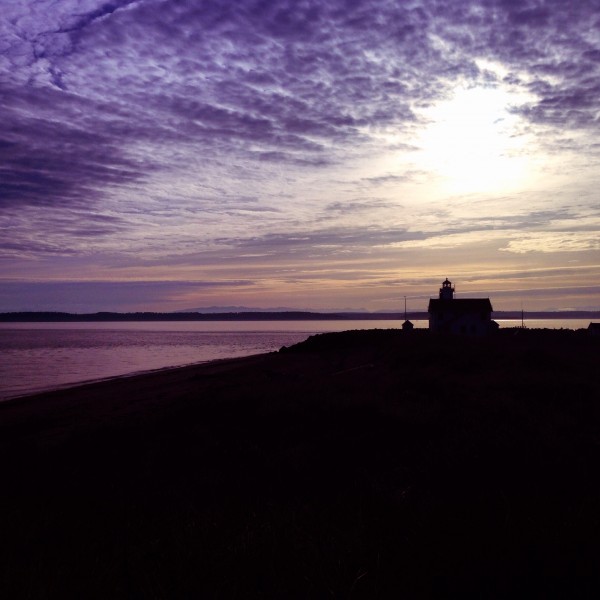Last year, writer Joanna Walsh began the #ReadWomen2014 campaign to shed light on the marginalization of women writers in the literary world (as quantitatively evidenced by VIDA: Women in the Literary Arts) and quite simply and joyfully, to bring more readers to books written by women.
The #ReadWomen2014 hashtag took off across social media. Debate and discussions regarding literature written by women, "women's fiction," the paucity of reviews in mainstream media, and representation of women in the literary arts continue to grow.
Journalist and author Hannah Beckerman proposed that 2015 be the year we focus attention on reviewing books written by women. She's created both a hashtag and a Twitter account #ReviewWomen2015 @ReviewWomen2015 I'm delighted to contribute my words to this effort. I'll be blogging reviews of books written by women writers this year; only women writers. My Goodreads reviews are posted here View my reviews, but what makes it to the blog are books that set my head and heart spinning, like this extraordinary novel from Lily King.
My rating: 5 of 5 stars
I picture Lily King in her office, surrounded by a library’s worth of research materials. Drafts of Euphoria are stacked in descending towers along one wall, each draft a stair-step lower. I picture a writer chipping away at her words, like a sculptor to marble, until the true work reveals itself; the words coming to life in the reader’s imagination the way hard, cold stone warms like flesh under the hand.
Euphoria was inspired by anthropologist Margaret Mead and her experiences along the Sepik River with her husband Reo Fortune and the British anthropologist who would become her second husband, Gregory Bateson. But the story is entirely of King’s invention, including the tribes and their cultures. The novel is a feat of research, imagination, passion, and restraint.
A sense of menace pervades the narrative, beginning with the first paragraphs. It is the early 1930s, and American anthropologist Nell Stone and her Australian husband Fen are fleeing the aggressive Mumbanyo tribe in a canoe when something is tossed at them. It lands near the canoe’s stern but Nell can't see what it is: Fen has broken her glasses. He remarks that it’s, “Another dead baby.” Nell can’t tell if he’s joking. When her infertility and miscarriages are later revealed, Fen's caustic remark becomes unforgivably cruel.
Yes, their marriage is a hot mess. Both are gifted anthropologists, but it is Nell, the author of a best-selling, controversial ethnography, “The Children of Kirakira,” who garners acclaim and grant money. Fen can hardly be bothered to carry a notebook and pen. Their months with the Mumbanyo have nearly destroyed the couple physically and emotionally, and they are returning to Australia to regroup and then embark upon a study of the Aborigines.
Enter Andrew Bankson, an Englishman who has been in New Guinea for years, studying the Kiona tribe. Bankson, escaping the shadow of an overbearing mother and the ghosts of two dead brothers, is on the brink of suicide. He invites the Stones to return to New Guinea, but they are aware of the competitive nature of anthropologists and fear there’s no more room in the territory for them to set up camp. Bankson, loneliness seeping from his pores, introduces the Stones to the Tam tribe and the three become a triangle of intellect and intrigue.
The narrative is told in third person from Nell’s perspective, in first person from Bateson’s, and through Nell’s journal. The alternating voices, the shifts in time, and the retrospection serve to enhance the tension. Bankson leaves clues that something terrible has happened, but the author reveals only enough to compel the reader onto the next page, and the next. This is a novel that will make you late for work, or keep you reading far past your bedtime.
The anthropologists devise an ingenious grid to classify all of human culture (riffed from a classification theory that Margaret Mead herself devised), but they are utterly incapable of understanding their own hearts. Bankson falls hard for Nell the moment he sees her, and she is torn between her partnership with Fen, her ambition, and the shelter she finds in Bankson’s adoration. But there is nothing maudlin about their interactions; King maintains the sexual and emotional tension like a piano wire plucked and humming.
Vivid and extraordinary are the encounters between the Stones and Bankson and the tribes under their study: Tam and Kiona, respectively. These are the genius moments of Euphoria, as these three Westerners assume the role of cultural scientists with the arrogance born of ignorance. Theirs is a new science and they are eager to experience the euphoria of discovery and understanding. When a breakthrough is made, they feel they could “rip the stars from the sky and write the world anew.” Here, too, there is intrigue, as Nell is allowed deeper into the female-dominated society of the Tam while Fen—in all his petty jealousy and arrogance—secretly plots to obtain his own piece of fame.
Lily King had so much rich material to work with. She could have offered us a doorstop of a read, a cultural and emotional epic. Instead, she chiseled away until she reached the heart of darkness. Euphoria is all the more profound and moving for her restraint. An excellent novel.









